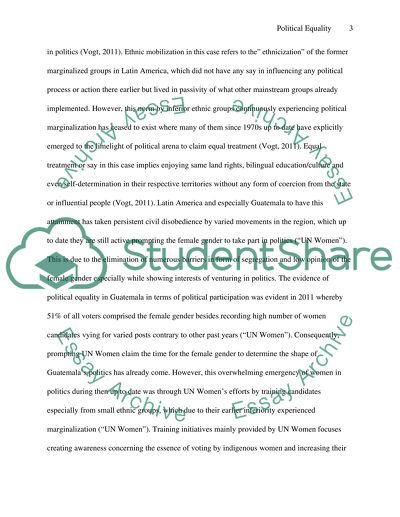Cite this document
(“Political Equality Essay Example | Topics and Well Written Essays - 1500 words”, n.d.)
Retrieved from https://studentshare.org/history/1498106-political-equality
Retrieved from https://studentshare.org/history/1498106-political-equality
(Political Equality Essay Example | Topics and Well Written Essays - 1500 Words)
https://studentshare.org/history/1498106-political-equality.
https://studentshare.org/history/1498106-political-equality.
“Political Equality Essay Example | Topics and Well Written Essays - 1500 Words”, n.d. https://studentshare.org/history/1498106-political-equality.


